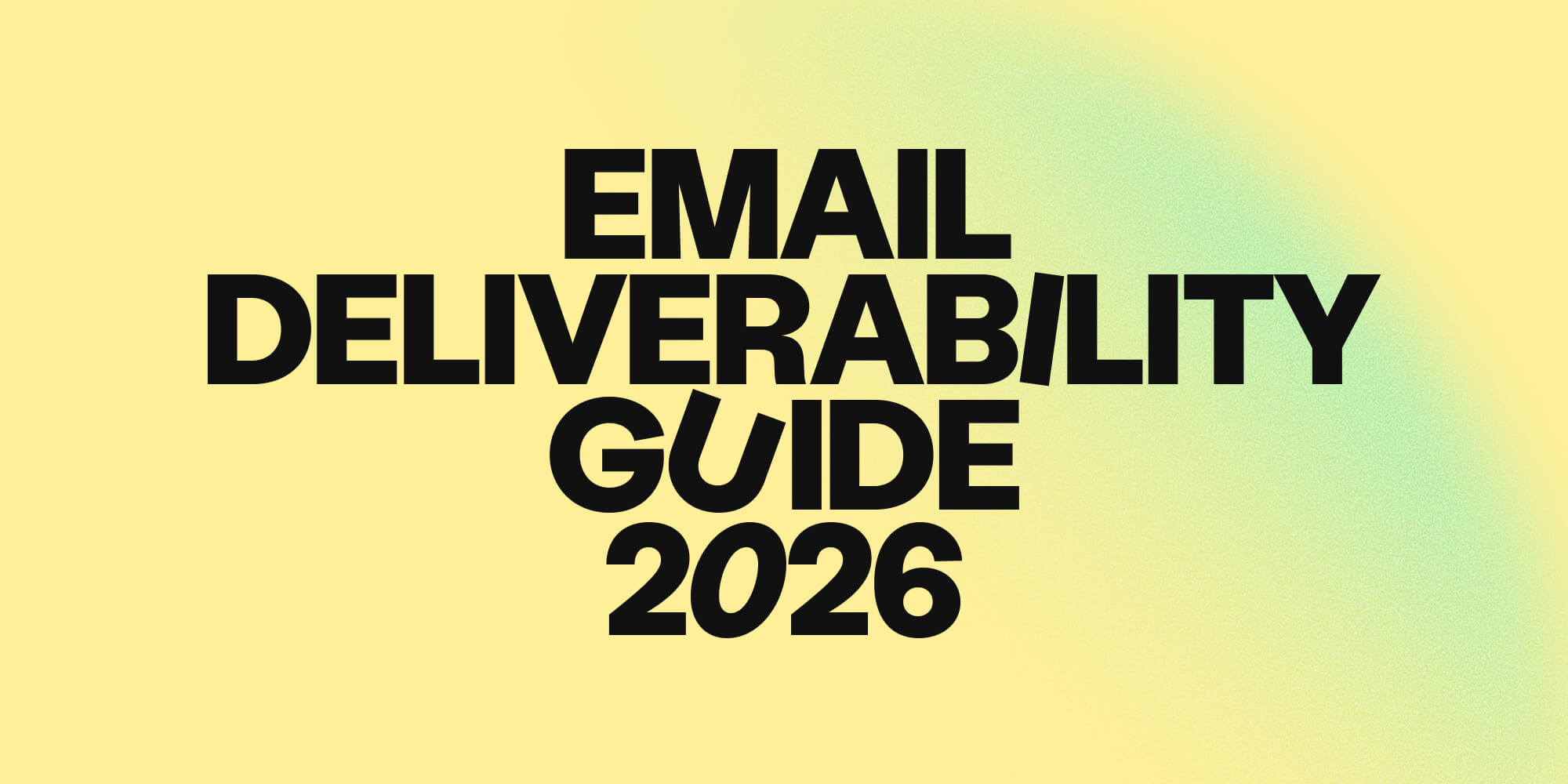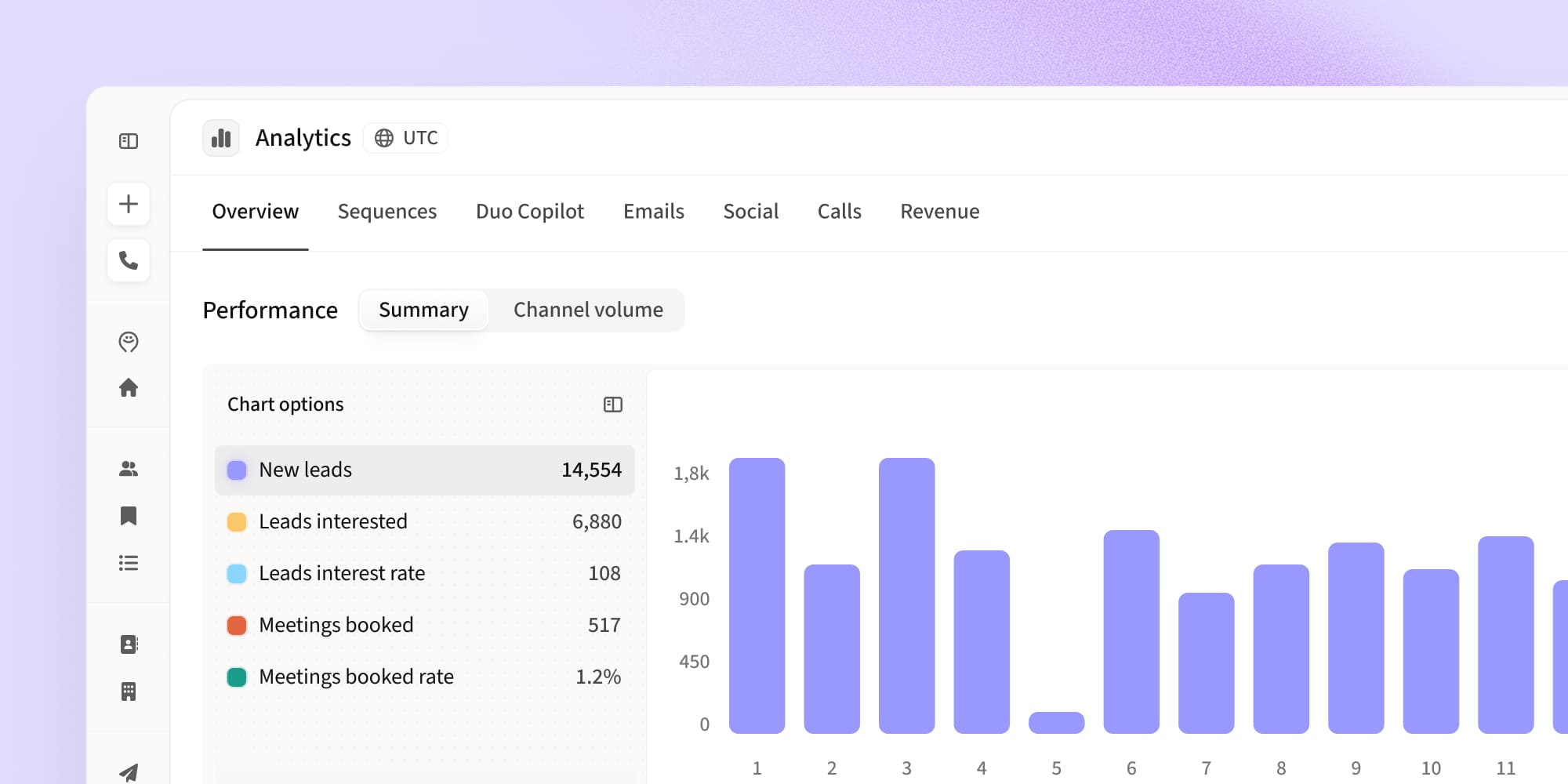What does "closed won" mean in sales?
•
May 24, 2024
.jpg)
What's the difference between "closed won" and "closed lost"?
If you don't already know, these are the words that define your sales success. Check out our definitions plus our expert tips to make sure you maximize your closed deals!
The culmination of the sales process is the moment when you find out whether or not your efforts have paid off and whether you’ve closed a new customer.
In this blog we’ll explain the terminology around “closed won” deals, “closed lost” deals, and what influences your buyers’ final decisions at the bottom of the funnel!
What does "closed won" mean?
The term “closed won” is used to indicate that a sale has been successfully finalized and is now complete.
It’s the moment when a lead is converted into a paying customer, a product order is confirmed, or a subscription agreement is signed. “Closed won” means good news for your bottom line!
This term is the opposite of “closed lost,” which refers to deals that did not conclude successfully.
Marking a deal as "closed won" in sales tools or CRMs (like Salesforce) helps categorize and track the successful completion of sales, allowing sales teams to shift focus to new opportunities.
Key factors for achieving closed won deals
Even though your buyers only make their final decisions at the bottom of your sales funnel, all your activities higher up the funnel can influence the final deal outcome.
Here are some fundamental things that will help you maximize your closed won rates:
- Understanding customer needs: Understanding your targe audience, knowing what your customer needs, and tailoring your pitch to address those needs is critical.
- Strong relationship building: Developing trust and a strong rapport with potential clients can make a significant difference. Let your personality shine through and look for opportunities to deliver extra value beyond the immediate transaction.
- Effective communication: Clear and consistent communication helps move the deal forward. Never over-promise or try to answer questions you don’t know the answer to!
- Timely follow-ups: Ensuring timely follow-ups keeps the deal active and shows the client you’re committed. Also be respectful of your prospect’s timeframes if they tell you when to expect a response.
- Negotiation skills: Being able to negotiate terms that are favorable for both parties and tackle last minute objections effectively is critical for getting your deals over the line.
Effective sales closing techniques
Some sellers excel at cold outbound; others prefer the pressure and pace of closing. In any case, the way you shape your messaging can influence your prospects decision-making.
Here are 5 different examples of closing techniques:
1. The assumptive close
Act (slightly tongue-in-cheek!) as if the prospect has already decided to purchase. For example, ask, “when would you like to sign?”
2. The urgency close
Create a sense of urgency by highlighting time-sensitive benefits or limited availability. For example, “if we can get this signed by the end of the week, I can give you a 10% discount.”
3. The summary close
Summarize the benefits and main points of the product or service, reinforcing its value. For example, “based on your [pain points], I think we can agree that [solution] would be a great fit for helping you [achieve success]. What do you think?”
4. The question close
Ask questions that lead the prospect to the conclusion that they need your product. For instance, “How do you see our solution helping your business?”
5. The direct close
Simply ask for the sale. This approach works well when you’ve built enough rapport and trust and have a strong personal connection with your prospect.
Overcoming common obstacles in closing deals
You could be the best seller in the world and still face challenges when trying to close deals!
Conditioning your objection-handling skills will make you more resilient and convincing as your prospect weighs up their potential purchase. If you can learn to anticipate and mitigate objections early on, chances are you’ll increase your closed won rate.
Here are some objection-handling tips to keep your deals on track:
- Practice, practice, practice: Be prepared to address common objections such as price, competition, or timing. This will help you respond clearly and confidently to reassure the client.
- Understand your decision-makers: Ensure you’re engaging with the right decision-makers and address their respective concerns instead of treating them as a group.
- Build value: Sometimes prospects don’t see the potential value of your solution. Clearly demonstrate how your product or service meets their specific needs and solves their problems using customer case studies, benchmarks, or ROI calculations.
- Maintain momentum: Deals can stall if momentum is lost. Keep the engagement high with regular updates and check-ins, especially around the final decision. You don’t need to push prospects to close, but make it clear you’re available to help if they have any more questions.
- Deal with your competition: Don’t be afraid to tackle questions about your competition head-on. Try to understand if your prospect is scoping out any other solutions and be sure to underline areas where your offering excels.
Maximize your “closed won” success
Between a robust sales funnel and refined objection-handling techniques, you’re well on track to maximizing your customer conversions!
As we’ve explained above, your prospect’s final decision hinges heavily on the strength of the relationship you’ve built up with them, which is why consistent, high-value engagement is so critical to your closing success.
Amplemarket’s AI-powered engagement tools help you keep your communications relevant and packed with value at every touch-point. The AI Replier will even handle objections for you with contextualized, hyper-personalized email replies! To learn more about how Amplemarket can help you close more, sign up for a demo today.
FAQs
What exactly does "closed won" mean in the context of sales?
"Closed won" refers to a sales deal that has been successfully finalized, meaning the lead has been converted into a paying customer. It indicates that the sales process is complete, and the sale has been secured.
What are the key factors that contribute to achieving closed won deals in sales?
Key factors include understanding customer needs, building strong relationships, effective communication, timely follow-ups, and strong negotiation skills. These elements help ensure that the prospect’s concerns are addressed and their needs are met, leading to a successful deal closure.
How can sales professionals effectively prepare for closing deals and increasing their closed won rate?
Sales professionals can prepare by thoroughly understanding their prospect’s needs, maintaining clear and consistent communication, and practicing effective closing techniques. Building trust and demonstrating the value of the solution are also crucial for increasing the closed won rate.
What are some common challenges or objections encountered when closing deals, and how can they be overcome?
Common challenges include objections related to price, competition, and timing. These can be overcome by practicing objection-handling skills, engaging with decision-makers, building value through clear demonstrations of ROI, maintaining deal momentum, and addressing competition-related questions confidently.
Subscribe to Amplemarket Blog
Sales tips, email resources, marketing content, and more.










